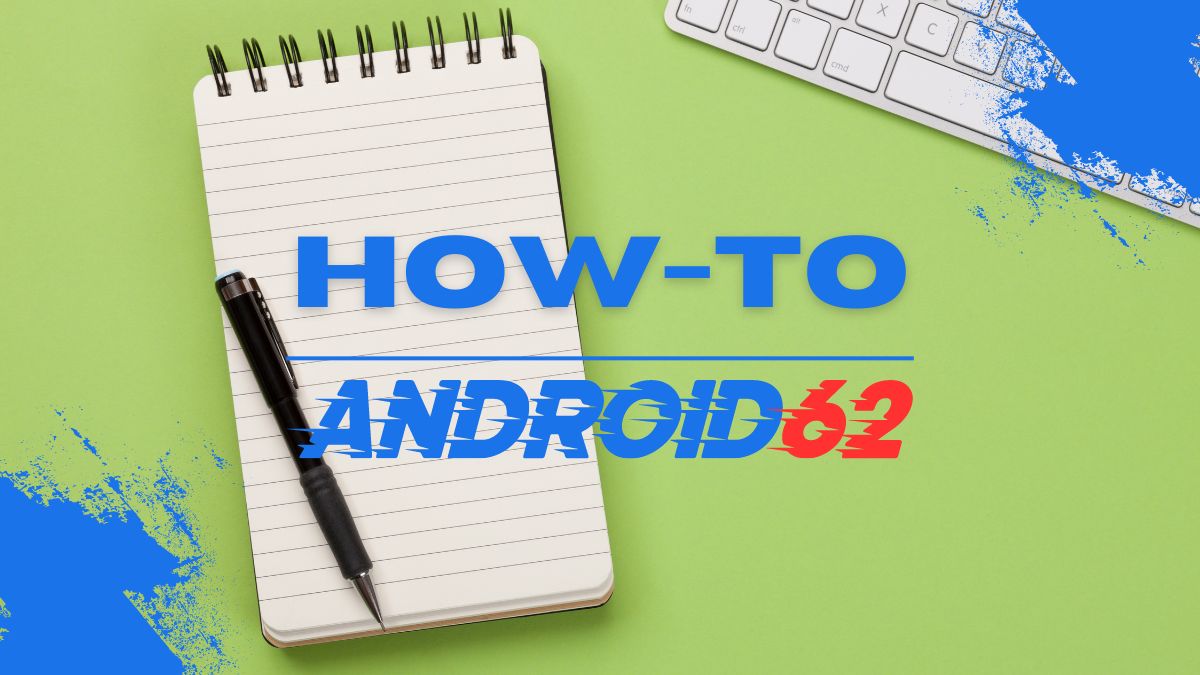
Having greasy hair can be frustrating and affect your confidence. However, with the right techniques and products, you can successfully manage and reduce greasiness in your hair. In this comprehensive guide, we will explore various methods to help you achieve less greasy hair and maintain a fresh, clean appearance.
1. Understanding the Causes of Greasy Hair
Before we dive into ways to make your hair less greasy, it’s crucial to understand why your hair gets greasy in the first place. Greasiness in hair is primarily caused by:
- Overactive Sebaceous Glands: Sebaceous glands produce sebum, an oily substance that helps moisturize your scalp and hair. However, when these glands produce excess sebum, it can lead to greasy hair.
- Inadequate Cleansing: Not washing your hair regularly or using the wrong shampoo can cause a buildup of oil and dirt, making your hair look greasy.
- Diet and Hormonal Factors: Certain dietary habits and hormonal imbalances can also contribute to greasy hair.
2. Tips to Make Hair Less Greasy
Now that you understand the causes of greasy hair, let’s explore effective tips to help you combat greasiness and achieve healthier-looking hair:
- Use the Right Shampoo: Opt for a clarifying shampoo that targets oily hair and helps remove excess oil and buildup. Look for shampoos that contain ingredients like tea tree oil, salicylic acid, or charcoal.
- Avoid Overwashing: While it may seem counterintuitive, overwashing your hair can strip it of its natural oils, causing your scalp to produce more oil to compensate. Aim to wash your hair every other day or every two days.
- Rinse Thoroughly: Make sure to rinse your hair thoroughly with lukewarm water to remove all traces of shampoo and conditioner. Residual products can weigh down your hair and make it look greasy.
- Use Dry Shampoo: Dry shampoo can be a lifesaver for combating greasy hair between washes. It helps absorb excess oil and adds volume to your hair.
- Avoid Heavy Styling Products: Heavy styling products like pomades and waxes can make your hair look greasier. Opt for lightweight styling products or those specifically formulated for oily hair.
- Avoid Touching Your Hair: Touching your hair frequently can transfer oils from your hands to your hair, making it greasier. Try to keep your hands off your hair as much as possible.
- Adjust Your Diet: Consuming a balanced diet rich in vitamins and minerals can contribute to healthier hair. Foods high in omega-3 fatty acids, like salmon and walnuts, may help regulate oil production in the scalp.
3. Home Remedies for Greasy Hair
If you prefer natural solutions, there are several home remedies that you can try to manage greasy hair:
- Apple Cider Vinegar Rinse: Mix one part apple cider vinegar with two parts water and use it as a final rinse after shampooing. Apple cider vinegar helps balance the pH of your scalp and reduce excess oil.
- Aloe Vera Gel: Apply aloe vera gel to your scalp and hair before washing to help control oil production and soothe the scalp.
- Lemon Juice Rinse: Dilute lemon juice with water and use it as a final rinse to help clarify your hair and reduce greasiness.
- Tea Rinse: Brew a strong cup of black or green tea, let it cool, and use it as a final rinse to help control oil and add shine to your hair.
- Baking Soda Scrub: Mix baking soda with water to create a paste, gently massage it into your scalp, and rinse thoroughly to remove excess oil and buildup.
4. Professional Treatments for Greasy Hair
If home remedies and over-the-counter products don’t seem to alleviate your greasy hair concerns, you may consider seeking professional treatments from a dermatologist or hairstylist. Some professional treatments that can help manage greasy hair include:
- Scalp Exfoliation: Professional scalp treatments can help remove buildup and unclog hair follicles, promoting healthier hair growth and reducing greasiness.
- Keratin Treatments: Keratin treatments can help control oil production and improve the overall texture of your hair, making it more manageable and less greasy.
- Scalp Microneedling: Microneedling treatments on the scalp can stimulate hair follicles and improve circulation, which may help regulate sebum production.
5. Lifestyle Changes for Healthier Hair
In addition to using the right products and treatments, certain lifestyle changes can also contribute to healthier, less greasy hair:
- Manage Stress: Stress can trigger hormonal imbalances that may lead to excess oil production in the scalp. Practice stress-reducing activities like yoga, meditation, or exercise.
- Avoid Heat Styling: Excessive heat styling can strip moisture from your hair and scalp, prompting your sebaceous glands to produce more oil. Limit the use of heating tools and opt for air-drying your hair whenever possible.
- Hydrate and Exercise: Drinking an adequate amount of water and regular exercise can help improve overall scalp health and promote balanced oil production.
6. Conclusion
Managing greasy hair requires a combination of proper hair care techniques, the right products, and sometimes professional treatments. By understanding the causes of greasy hair and implementing the tips and remedies mentioned in this guide, you can successfully combat greasiness and achieve healthier-looking hair. Remember to be patient and consistent in your hair care routine to see the best results.




